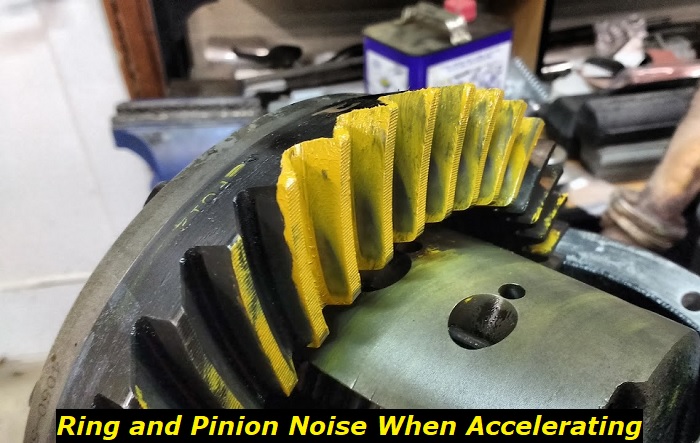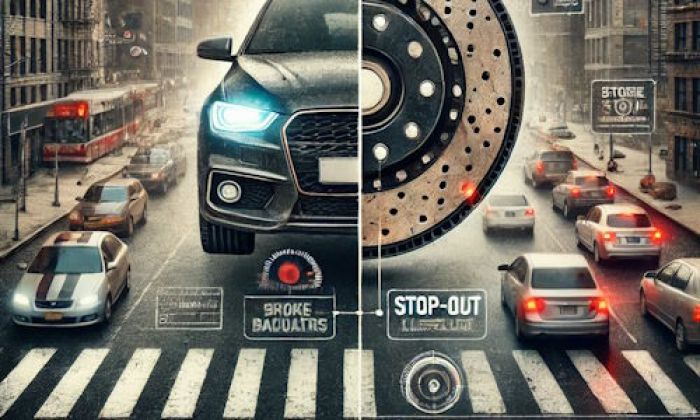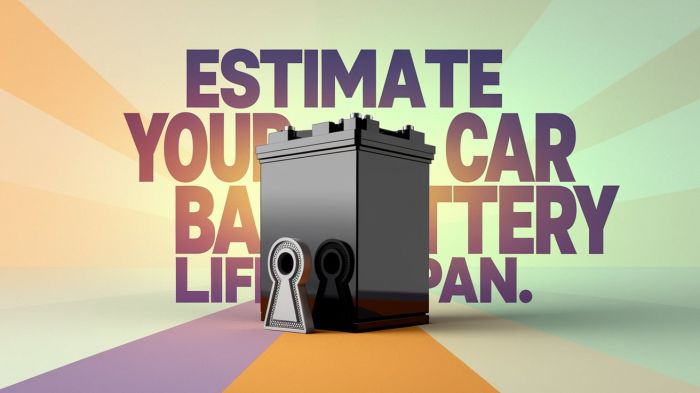Here is a scenario: while driving, you are suddenly alerted to a strange noise at the rear end of your vehicle. Just like with any mechanical parts, a strange noise is the first sign of a problem and something you would not wish to experience. But understanding the kind of noise can be very helpful in determining the cause of the problem.
In the case of a rear end, if you hear a loud noise while you turn the steering of your vehicle's wheel, chances are your ring and pinion gears are faulty. This challenge can be severe and can damage your car if you don't take precautions.

In short, ring and pinion noises mostly happen when the ring and pinion gear is not properly installed or needs adjustment. When the ring and pinion gear is not correctly installed, it will prevent the tooth from proper contact; this can cause the tooth to wear rapidly and result in gear failure.
The ring and pinion noise which is usually like a humming sound will change to a growling noise as the wear increases. Worn-out bearings can also be another factor responsible for ring and pinion noise.
Ring and pinion noises are not uncommon and are experienced in most vehicles. It is easy to assume that the rear differential produces this noise because that is the most common area the noise comes from on acceleration.
The ring and pinion gears are a part of the differential. Therefore, there is a possibility that your differential is faulty when you hear this noise. Ring and pinion noise changes with the vehicle's speed or when the car is in motion, and it is not affected by loads and turns.
Here are what this article will cover:
- Symptoms of ring and pinion noise
- What happens if the ring and pinion gears break down while driving?
- Fixing Ring and Pinion Noise
- How to prevent ring and pinion gear from breakdown or failure
Symptoms of Ring and Pinion noise
Several things can go wrong with the ring and pinion gears; although the signs are usually subtle and tricky, in most cases, the impending failure typically gives a fair warning that comes in the form of noise; you only need to pay attention to it while driving.
The most common situation that can cause ring and pinion noise is when the ring and pinion gear moves a little inside the differential. Also, if the ring and pinion gears that have been quiet, suddenly begin to make noise, then there is a probability that those gears are worn.
Below are a few other symptoms and the possible reasons behind them:
- If there is a howling noise from the gears when decelerating alone, it can result from bad pinion bearings or loose pinion bearing preload.
- A regular clanking after every few feet is a clear indication that the ring or pinion gears are broken.
- Howling during acceleration at all speeds is also a sign that something in the differential, pinion, or carrier bearings has worn because of overloading or lubrication failure. Incorrect gear alignment can also be another reason for this.
- Worn carrier bearings are another situation that can cause ring and pinion noise. This problem usually arises when the vehicle's speed is above 20 mph. This sound may vary on vehicles with c-clip axles when turning.
- Worn pinion bearings can also cause whirring noise at all speeds, either under acceleration or deceleration. Pinion bearings may whir instead of rumbling because the pinion is constantly turning faster (depending on the ratio of the gear) than the carrier. Bearings that are badly worn can cause a howl if they don't correctly support the gears.
- There is a common situation where the ring and pinion gears may not make any noise. In this situation, the pinion will spin, but the tires won't rotate.
- A spot on the gear tooth may sound very similar to a broken gear, but the noise will only come up during acceleration or deceleration since the spot is only on one side of the faulty tooth. A high spot on the ring gear makes a heavy clicking noise after every 8 feet; a high spot on the pinion only makes noise after every 2 to 3 feet but is very pronounced because of its higher frequency.
Regardless of how loud or shallow it is, once a sound comes from the differential, pay much attention to it. If you are in serious doubt, pull the differential cover to closely examine the problem. Identifying a faulty part before it affects the third member is worth the time and effort.
What happens if the ring and pinion gears break down while driving?
Depending on the car and the problem of the rear differential, the severity of what happens when the ring and pinion gears break down while driving varies. It is almost impossible to determine how long you can drive with the ring and pinion noise, probably between 100 - 100,000 miles (depending on the condition).
Below are what can happen after the ring and pinion gear develop faults.
- If the teeth of the gears are broken or badly chipped, you may experience a soft skip in power or vibration which increases with speed. Depending on the teeth that are affected, you can experience the vibrations all the time (for example, if the broken tooth is on the pinion gears or outer ring gears). You can also experience these vibrations when you turn in either direction (if the chipped tooth is on the pinion gear) or when you turn in one direction (if the chipped tooth is on the axle gears).
- If multiple broken teeth are on the gear, you will hear rattle or thunk sounds. Gear teeth tend to break into 2-3 seats; each broken tooth has the same length as the skip. The violence of the gears' engagement increases with speed, causing it to produce severe noise and vibration. It can come off as a popping or banging noise. When you experience this, you should pull over so you won't lose control of the vehicle.
- It is not expected that a single pinion gear with chipped teeth may affect all parts of the differential, and if you detect the issue in time, you may be able to get to the nearest mechanic shop without a platform slowly. But you may face a more serious problem with multiple broken teeth on the ring and pinion gears. If there are broken teeth on the axel gear, you may have a complete loss of control when turning, and once this reaches the point where the gear cannot engage anymore, the car will be at a total standstill.
Fixing Ring and Pinion Noise
Ignoring ring and pinion noise can be catastrophic and may lead to severe problems or permanent damage to the ring and pinion gears. The usual recommendation is to allow the professionals to fix the differential because of the complexities of the system.
Although this is just a precautionary step, it is recommended that the whole mechanism be replaced if there have been delays in fixing the issue.
How to prevent ring and pinion gear from breakdown or failure
The steps outlined below can prevent ring and pinion noise or gear damage.
- Keep the gears lubricated
If the gears are properly lubricated, it reduces friction and heat, and the engagement and movement of the gears against each other will be smooth and quiet. You can lubricate the gears yourself without the help of a professional.
- Don't drive in harsh condition
You should avoid driving your vehicle in conditions that may be hard on the gears-for instance, off-road driving or driving on roads with potholes or obstacles. You should also drive sensibly and safely, and not haul your vehicle with a heavy load. This will also keep your differential in good shape.
- Always inspect the drivetrain
You should take your car to the mechanic to check the drivetrain. The mechanic will identify any problems early and fix them before they become serious and may damage the ring and pinion gears or differential. You can ensure your drivetrain is inspected once a year.
- Ensure you conduct a proper gear break-in procedure
Improper gear break-in procedure often leads to overload and overheating on the ring and pinion gears, and this can cause the gear oil to break down. Overloading the gear sets can also lead to irreparable damage to the gears.
Final thoughts
Why should you keep driving your car with ring and pinion noise when you can easily ascertain its symptoms? This article has addressed all the issues of ring and pinion noise and has also emphasized the need for adequate maintenance, as well as fixing your car when necessary.
Now you do not have to deal with the question of "ring and pinion noise on acceleration". Just ensure you examine your vehicle immediately when you notice any of the symptoms mentioned in this discussion and take every necessary step to fix the problem.
About the authors
The CarAraC research team is composed of seasoned auto mechanics and automotive industry professionals, including individuals with advanced degrees and certifications in their field. Our team members boast prestigious credentials, reflecting their extensive knowledge and skills. These qualifications include: IMI: Institute of the Motor Industry, ASE-Certified Master Automobile Technicians; Coventry University, Graduate of MA in Automotive Journalism; Politecnico di Torino, Italy, MS Automotive Engineering; Ss. Cyril and Methodius University in Skopje, Mechanical University in Skopje; TOC Automotive College; DHA Suffa University, Department of Mechanical Engineering






Add comment